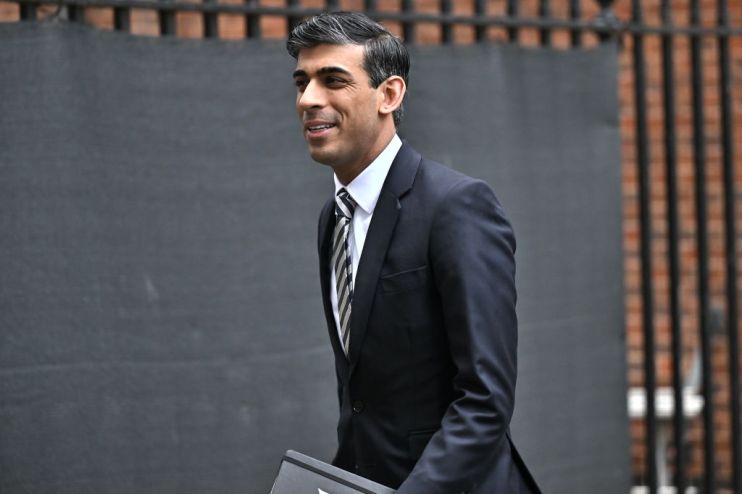Despite what we wish, there are no miracle economics Rishi can pull out of his hat

The economic pressures now known as “the cost of living crisis” were at the core of the criticism of the spring statement last week. Those who once eulogised the Chancellor have now been selling their stocks of Sunak.
While much of the commentary is unfair, politics is a trade in which the concept of fairness has always been in distinctly short supply.
World commodity prices have risen dramatically, energy prices are double what they were a year ago and other commodities are following suit in the wake of the crisis in Ukraine. Wheat, for example, has risen almost 50 per cent in the past month alone, and is up some 80 per cent year on year.
Britain is a net importer of commodities. As a matter of simple logic, this means our real national income has fallen. There is no possible way for governments to circumvent this. Even if a set of policies could be magicked into existence which immediately boosted our growth rate, national income would still be below what it would otherwise have been without the commodity price boom. The Chancellor is further constrained by the huge increase in public sector debt incurred as a result of the policies of lockdown and restrictions in the face of Covid-19.
There is much talk in the political class about the “windfall” the Treasury will receive in the form of higher tax receipts due to higher inflation.
Government borrowing so far in the financial year about to end is £25.9bn lower than projected by the Office for Budget Responsibility. But borrowing for the year is on track to be over £130bn, on top of the £324bn deficit in the 2020/21 financial year. In comparison, the “windfall” is a drop in the ocean. And at some point, these debts will have to be paid.
The public reaction to all this illustrates a fundamental problem of political economics which confronts not just Sunak but all Western finance ministers. Economists have known for a very long time that individuals give more weight to the present than they do to the future. A cost of, say, £100 incurred today has to generate a benefit of more than £100 in the future to make it worthwhile.
A key development in economics over the past twenty years or so has been a new perspective on how people value costs and benefits today compared to those in the future. Voters place far more weight on what happens now rather than what will happen as a result in the future – much more weight than standard economic theory presumed.
The work of the Harvard economist David Laibson did much to establish this idea, known as hyperbolic discounting, in the 1990s.
The concept crops up with policies such as the furlough scheme under lockdown. At the time the policy was hugely popular. It was a major factor underpinning the public support at the time for restrictive policies.
Now, confronted with the bill, voters just do not want to know. Someone else, anyone else, can pay as long as it is not them personally.
In principle, the increase in energy bills and fuel costs is a good thing, as it gives an incentive to reduce the consumption of these carbon-intensive products. But the reaction of the public illustrates all too clearly the huge difficulties of getting people to value future benefits while they struggle with current costs. This creates real problems for any elected politician trying to follow rational policies – including our Chancellor.
